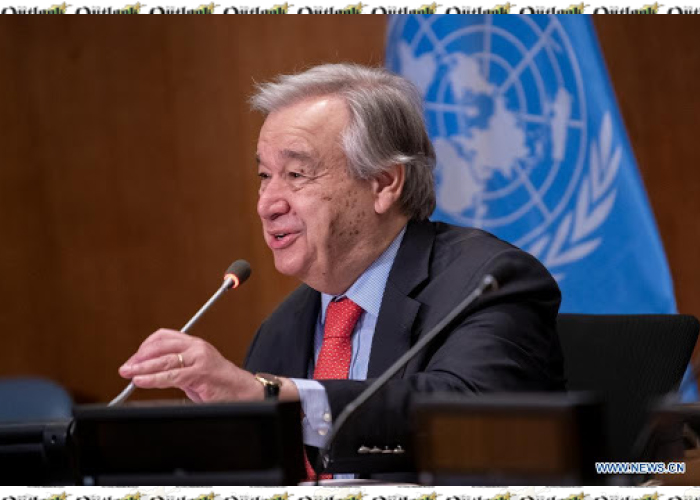UNITED NATIONS- UN Secretary-General Antonio Guterres on Tuesday called for a transformation of extractive industries to support sustainable development and a transition to a green economy.
"We have all heard talk of the resource curse. Our shared responsibility is to ensure that the benefits of mineral resources reach all people in society, not just elites, while safeguarding the natural environment today and for future generations," Guterres told a virtual global roundtable on transforming extractive industries for sustainable development.
"Mineral resources are one of Earth's great endowments. Their extraction plays a dominant role in the economies of 81 countries," which account for a quarter of global Gross Domestic Product, half the world's population and nearly 70 percent of people living in extreme poverty," Guterres noted.
Guterres pointed out the growing dependence less developed countries have on extractive industries.
"Of the world's 72 low- or middle-income countries, 63 have increased their dependence on extractive industries over the past two decades. These industries generate large amounts of foreign exchange earnings, foreign direct investment and government revenues. They have the potential to drive economic growth and poverty reduction," he added.
"Yet, extractive industries are also potentially associated with a litany of ills -- corruption, exploitation, colonialism and racism; environmental degradation, worsening climate change and biodiversity loss; armed conflict, gender-based violence, population displacement, cultural harm and human rights violations," he said.
Guterres stressed the need to improve extractive resource governance through more effective rules and enforcement.
Independent monitoring, including by civil society actors and indigenous peoples, is essential. So, too, is human rights due diligence and effective remedy. Also essential is addressing corruption, revenue mismanagement and illicit financial flows, he said. (Xinhua)
Home » World » UN Chief Calls for Transformation of Extractive Industries Toward Sustainability
UN Chief Calls for Transformation of Extractive Industries Toward Sustainability

